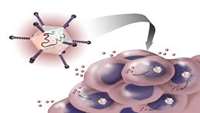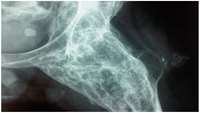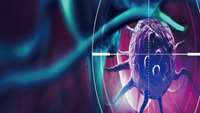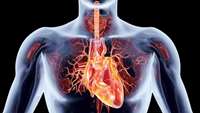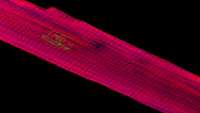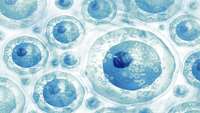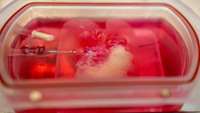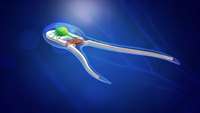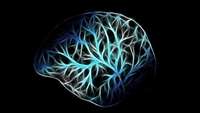A Microfluidic Device to Enhance Viral Transduction Efficiency During Manufacture of Engineered Cellular Therapies
The development and approval of engineered cellular therapies are revolutionizing approaches to treatment of diseases. However, these life-saving therapies require extensive use of inefficient bioprocessing equipment and specialized reagents that can drive up the price of treatment.
New treatment could improve care for two bone diseases
Researchers from the Bellvitge Biomedical Research Institute (IDIBELL) and the University of Barcelona (UB) have described the ability of an inhibitor of the PI3Kα (BYL719) to block the ectopic bone formation in mice.
Cancer stem cells elude the bodys immune cells by deactivating danger detector
Acute myeloid leukemia stem cells elude the bodys immune cells by deactivating a danger detector. The underlying mechanisms and the potential new therapeutic approaches that this gives rise to have been detailed in the journal Nature by researchers from the University of Basel and University Hospital Basel in collaboration with colleagues in Germany.
Stem cell therapy furthers research for infants with hypoplastic left heart syndrome
A phase I clinical trial is the first research monitored by the Food and Drug Administration that demonstrates the potential of regenerative therapy for hypoplastic left heart syndrome (HLHS) through collecting, processing and injecting an infants own stem cells directly into the heart at the time of surgery.
Epigenetic Priming of Human Pluripotent Stem Cell-Derived Cardiac Progenitor Cells Accelerates Cardiomyocyte Maturation
Human pluripotent stem cell-derived cardiomyocytes (hPSC-CMs) exhibit a fetal phenotype that limits in vitro and therapeutic applications. Strategies to promote cardiomyocyte maturation have focused interventions on differentiated hPSC-CMs, but this study tests priming of early cardiac progenitor cells (CPCs) with polyinosinic-polycytidylic acid (pIC) to accelerate cardiomyocyte maturation.
Circadian rhythms and sleep in children with autism
A growing body of research has identified significant sleep problems in children with autism. Disturbed sleep-wake patterns and abnormal hormone profiles in children with autism suggest an underlying impairment of the circadian timing system.
Erectile function restored with cell therapy in preclinical model
Prostate cancer is the most common cancer in men, with radical prostatectomy as a commonly chosen course of action. The reported rate of erectile dysfunction after prostate surgery for cancer is reportedly as high as 90 percent. When first- and second-line treatments for erectile dysfunction fail, implantable penile prostheses are utilized.
Team first to grow genetically engineered mini livers to study disease and therapeutics
Researchers at the University of Pittsburgh School of Medicine are the first to grow genetically modified miniature human livers in the laboratory, to emulate human liver disease progression and test therapeutics.
Researchers build microscopic biohybrid robots propelled by muscles, nerves
In 2014, research teams led by mechanical science and engineering professor Taher Saif and bioengineering professor Rashid Bashir at the University of Illinois worked together to developed the first self-propelled biohybrid swimming and walking biobots powered by beating cardiac muscle cells derived from rats.
Single-cell transcriptional logic of cell-fate specification and axon guidance in early-born retinal neurons
Retinal ganglion cells (RGCs), cone photoreceptors (cones), horizontal cells and amacrine cells are the first classes of neurons produced in the retina. However, an important question is how this diversity of cell states is transcriptionally produced.


